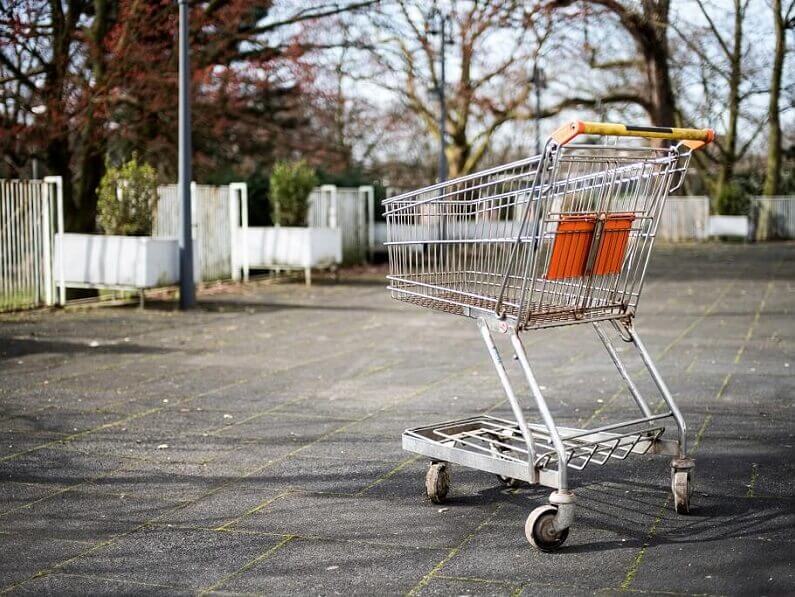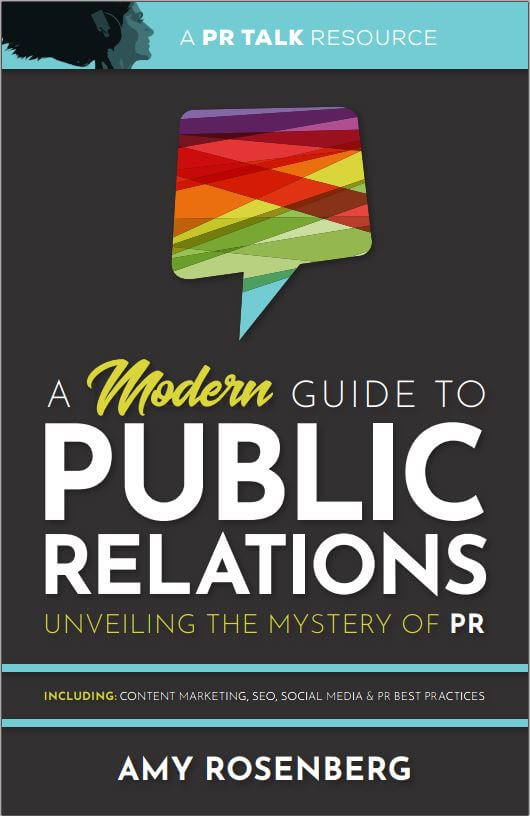“Hunger Isn’t Seasonal,” Kyle Camberg, Sunshine Division.
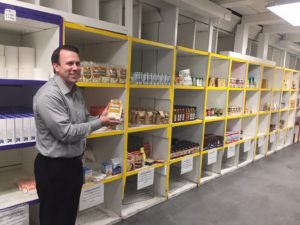
Kyle Camberg, Executive Director of the Portland Police Bureau Sunshine Divison
I was so happy to have gotten the chance to interview my friend Kyle Camberg, Executive Director for the Sunshine Division, as I launched my first foray into the growing issue of feeding Portland’s needy on StreetTalk’s new series; The Hunger Project. I have worked Kyle in many capacities and can say that he’s the PR person’s dream when it comes to creating joint marketing campaigns between nonprofits and corporations. Veracity is lucky to have clients that want to get involved with the community in meaningful ways. Sure, writing checks is important, but it’s the physical act of doing something that is the PR person’s gold because this is what garners more “ink.” This mindset comes naturally to Kyle as we work together to create community relations campaigns that help others, while showing Veracity’s clients in a positive light and, most importantly, educating the masses.
Education is exactly what we are attempting to do with this second StreetTalk series we are calling The Hunger Project. Did you know that a staggering 75% of students qualify for free or reduced breakfast and lunch in east Portland districts? Portland itself hovers around 46%, “which isn’t great but it’s considerably better,” Kyle says in the latest episode of StreetTalk.
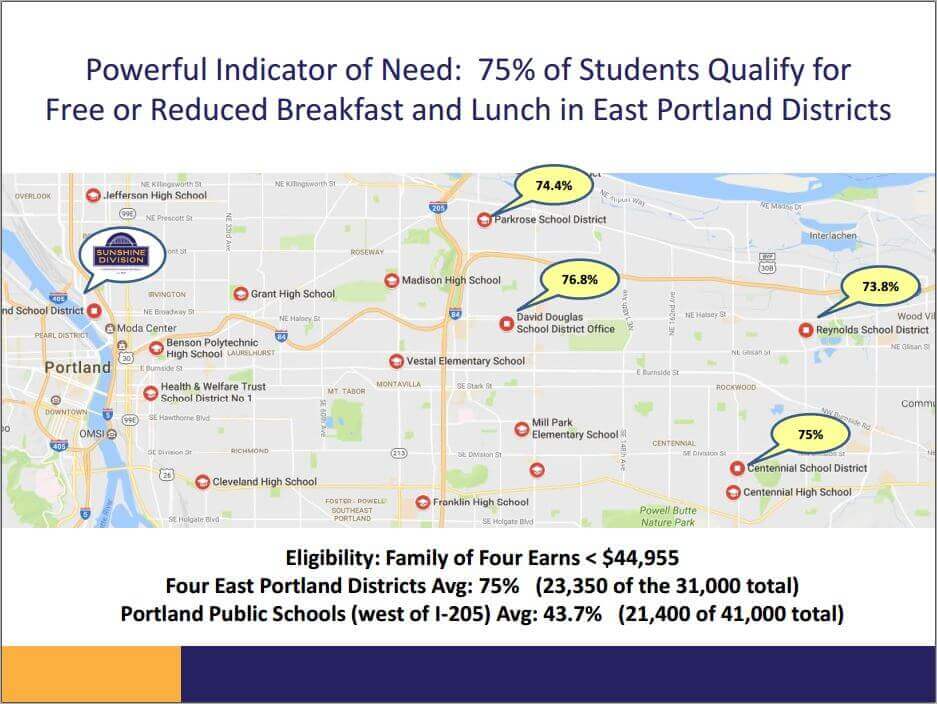
About the Sunshine Division
We begin by delving into the Sunshine Division’s unique history, which was started by a few Portland police officers in 1923 in response to the area’s growing need for food. The officers smartly kept their idea separate from any governmental entity because “they didn’t want a politician coming in to mess things up,” Kyle recalls a retired police officer saying.
The Sunshine Division is its own nonprofit organization which strategically partners with the Portland Police Bureau to keep police precincts armed with food boxes so that officers can easily deliver them to needy individuals whenever the need arises. A food and clothing bank that is open to qualifying individuals six-days-a-week allows the group to participate in school backpack and outreach programs; while also providing resources to neighboring charities in and around Portland. While the Sunshine Division utilizes in-kind donations from the police department, such as delivery trucks and a major volunteer pool in the police officers themselves, it does not benefit from any federal grant money; relying on generous benefactors instead.
Hunger is a Moving Target
With Portland’s skyline morphing through the buzz of construction, tourists flock to the City of Roses while more and more companies move international workforces to what used to be an underground, sleepy Pacific Northwest town. However, our city’s popularity is taking its toll on vulnerable populations. With rents rising in areas that used to be affordable, diverse populations are pushed out.
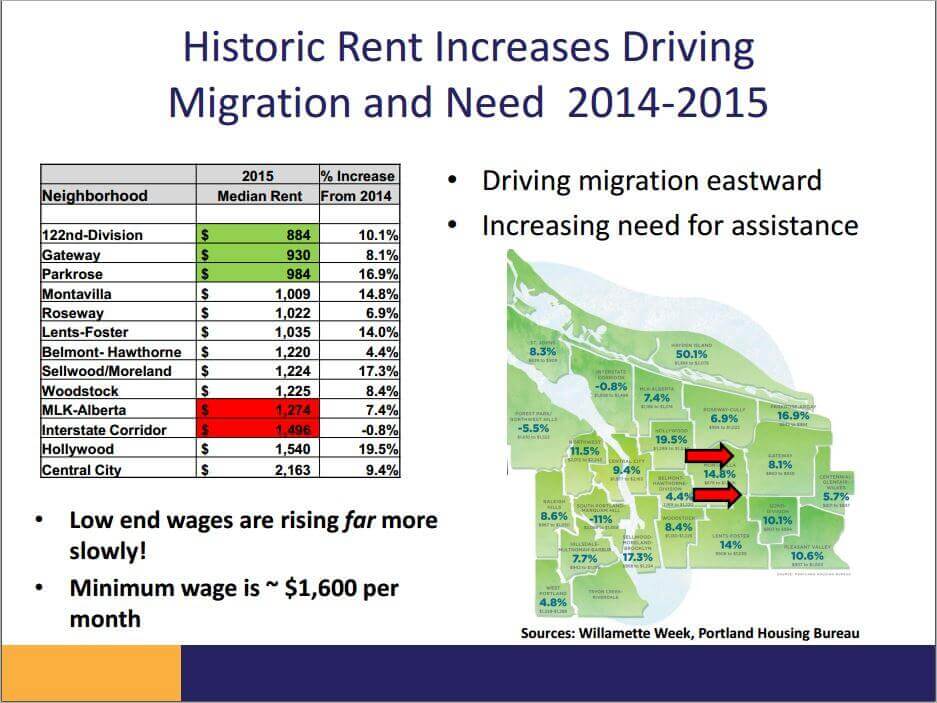
“As you head east of the river, the need just grows,” says Kyle. “Gentrification has taken hold.” That’s why after 94 years, the Sunshine Division is opening a second location east of I-205, located at 12429 SE Stark St. “This pocket of Portland was annexed and forgotten, without many services. It’s a suffering part of the city.”
The second location will enable the Sunshine Division to reach the school districts needing them the most — Centennial, David Douglas, Parkrose and Reynolds — expanding their reach to serve not just Portland but surrounding areas like Gresham, Fairview and Milwaukie; where according to Kyle the level of poverty is higher.
PPS Cuts Lunch Programs at 12 Schools
I brought up a rumor I’d read in the Oregonian about Portland Public Schools (PPS) cutting free lunches for all students at 12 schools this year. Kyle replied that he couldn’t represent PPS and that details may still be up in the air. I clarified that families who can go through the red tape, showing they qualify, will still gain access to the free lunches for their children.
But in the recent past if 40 percent* of families within a school were served by income-restricted programs, like food stamps, a federal program gave these schools funding to provide free meals to all students. This easy access to school day meals was probably a godsend for children whose parents weren’t able to fill out the qualifying paperwork. Kyle and I expanded on the point that many immigrants and refugees can’t participate in the hurdles of paper for various reasons including documentation concerns as well as cultural and linguistic barriers. What will these kids do if their qualifying families do not fill out the paperwork?
Additional questions stem from this lunchtime news out of PPS. What will the qualifications for summer and backpack programs be? Will it be harder for working poor to access these? It is becoming evident that the need for programs like the Sunshine Division is more crucial than ever. The broader capacity for outreach that a second location brings to the Sunshine Division will help refer needy families to the vital services they offer.
The Non-Seasonality of Hunger
The main reason I wanted to jump on this issue of hunger right now is because one of the first things I learned while creating community relations campaigns for clients was that summer is a really hard time for hungry kids. During the school year they can get up to two meals a day for either free or reduced cost. But what do they do in the summer when access to free food isn’t a given? Yes, there are summer food programs but how do these kids travel to them? They may be miles away from these programs, without an able adult taking them. Stranded inside of their hunger.
The time to get involved is now or “any of the ten-and-a-half months of the year that aren’t around the holidays,” says Kyle. Amazingly the Sunshine Division has turned volunteers away during the holidays. While they always appreciate the help, the education needs to begin now. “Hunger is not seasonal,” as Kyle has coined before. This is a year-round problem that needs everyone’s attention now and ongoing.
Three Ways to Help
Kyle lays out three main ways to help any food relief charity.
- Volunteerism. The Sunshine Division is open six-days-a-week, putting generous volunteers to work on a daily basis running a retail operation (that is free for qualifying public), warehouse and public intake. You can either volunteer as an individual on a regular basis or as a group for a special one-time experience. School, corporations and community groups value the bonding that can occur when volunteering together.
- Host a food drive. This is the kind of thing I am talking about from a PR point-of view. Hosting a food drive either in your location or through your networks is a very active way to involve your audience in an issue you may care deeply about while also allowing your PR person to leverage your good-deeds through earned media.
The Sunshine Division has a wonderful partnership with The Barbers hair chain, which asks their customers to donate a dollar or more during a six-week time period. The funds are then given to the Sunshine Division to buy peanut butter—a solid, concrete item that the public can not only wrap their heads around but a visual that a PR person can turn into a press conference, photo opportunity, or press release to say the very least. Advantis Credit Union does something similar with a canned tuna drive each year.
- Donate. Financial contributions keep invaluable nonprofits like the Sunshine Division running. Kyle explains that you can’t run a charity without financial resources. If that were possible, the charity would actually be a volunteer organization that would likely display less in results and output. But Kyle qualifies this statement by saying “we are lean and mean.” With only 11 on staff, 94 years in existence and on its way to expanding its geographic reach through a second location, the Sunshine Division must be doing something right.
*I believe I misquoted this figure in the interview at 80%. No one said I was a numbers person.
This is Episode 201 of StreetTalk, a podcast about Portland’s ever-changing communal landscape.

